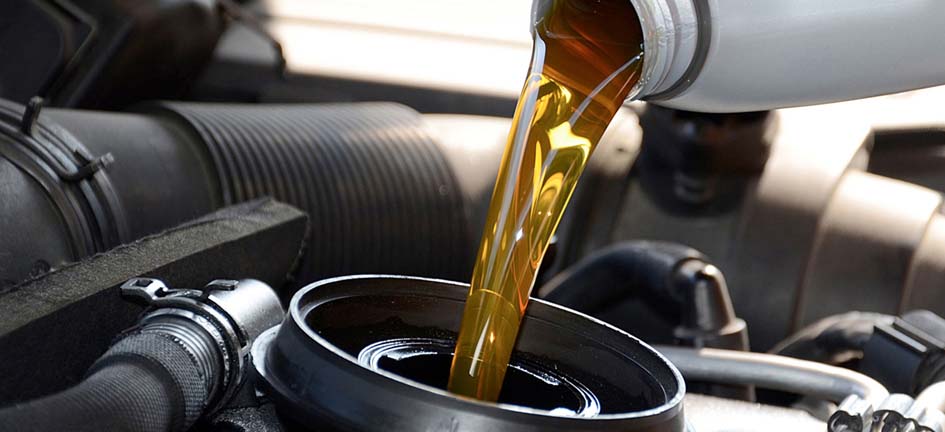Engine oil or motor oil works as both coolant and lubricant. Moving parts of engine produce heat due to the friction of two metal surfaces in contact and can cause damage to parts of the engine. It may affect the efficiency of the vehicle and can also decrease the life of the engine. Engine oil works as a shield to protect parts from frictional heat. Oil forms a thin film between parts and this thin film is automatically converted into a thicker one with increased RPMs. RPM stands for “Revolution per minute” i.e. of ball bearings which determine the frequency of surface collision.
For increasing life of your vehicle’s engine and to get the best efficiency it is highly essential that you should be using the right engine oil and to change that oil at ideal intervals. There are many options available in the market varying in the price range, viscosity and “For engine type”, so choose the right one is an art.
You can check several things before buying to ensure its quality. The most important thing is to check that you are buying oil according to your vehicle i.e. oils for sedan, SUVs, MPVs, heavy vehicles all are different.
Whatever oil you are buying API mark is important to check on that. API is an “American Petroleum Institute” which ensures that fuel/lubricant meets international standards. Viscosity (ability to flow/thickness) of oil also matters so select right viscosity for the model of the car you are using. On heating motor oil thins, so you have to select it accordingly.
If you have a car like Mercedes so you have to buy full synthetic oil particularly meant for hi-tech engines but if you are looking for fuel economy so there are oils available in the market which give high mileage. There are conventional medium quality oils also available if you are cost conscious.
Before buying oil keep one thing in mind it is like blood in veins and cars life is totally dependent on that.




























